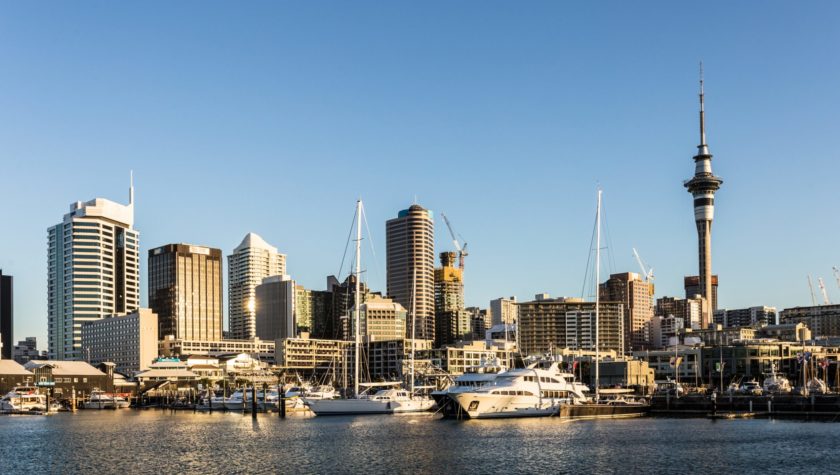There are not many countries around the world which have created a comparable body to the National Infrastructure Commission, although many face similar challenges in incorporating long-term and evidence-based thinking into infrastructure decision making. New Zealand could be the next.
Infrastructure New Zealand, a membership organisation representing companies across the different infrastructure sectors, have been pushing for several years for the creation of an independent institution for New Zealand, combining different aspects of the roles held in the UK by the Commission and the Infrastructure and Projects Authority.
Following publication of the first National Infrastructure Assessment in July, the Commission was invited to send a representative to Auckland to speak at the annual Building Nations conference. I was delighted to attend this key event, a gathering of 700 people from both the public and private sectors to “progress thinking and advance best practice in national infrastructure development”. The establishment of an independent advisory body on infrastructure for New Zealand quickly became a major theme, whether that was in speeches at the conference, my panel discussions with fellow speakers, or when meeting with other delegates.
One country which has embraced the concept of arms-length advisory bodies for infrastructure (or “i-bodies) is Australia. On the night before the conference, I was invited to a dinner with representatives of these different “i-bodies”, who I would be joining a panel discussion with following my speech. It was interesting to meet and compare notes with people from Infrastructure Australia, Infrastructure Victoria, Infrastructure Tasmania and Infrastructure New South Wales. These organisations all have slightly different remits (across strategy and delivery) and levels of independence.
On the first day of the conference, I was asked if I would do a television interview for Newshub Nation, a weekly current affairs show. The film crew came to the conference centre and interviewed me for about 20 minutes on the role of the Commission, 100% renewable energy for New Zealand and the implications of the rollout of electric vehicles.
The conference itself was very well run and my speech went without a hitch. I had been asked to cover what the Commission does, how we were set up and what we have achieved so far. The ensuing panel discussion then focussed on what a New Zealand “i-body” should look like if set up. People were interested in the nature of our relationship with government, the differences between us and the Infrastructure and Projects Authority and I was challenged on how delivery expertise feeds back through into strategy at the Commission. It was great to get an insight into the challenges and debates surrounding the future of infrastructure in a different country.
Most excitingly of all, at the start of the final session, Infrastructure minister Shane Jones appeared, to announce the formation of “an independent infrastructure entity” for New Zealand. The next step will be further work to determine the scope of this body and the actual independence it is given. We will follow the creation of another sister organisation for the Commission with interest.
Katie Black is Director of Policy at the National Infrastructure Commission




